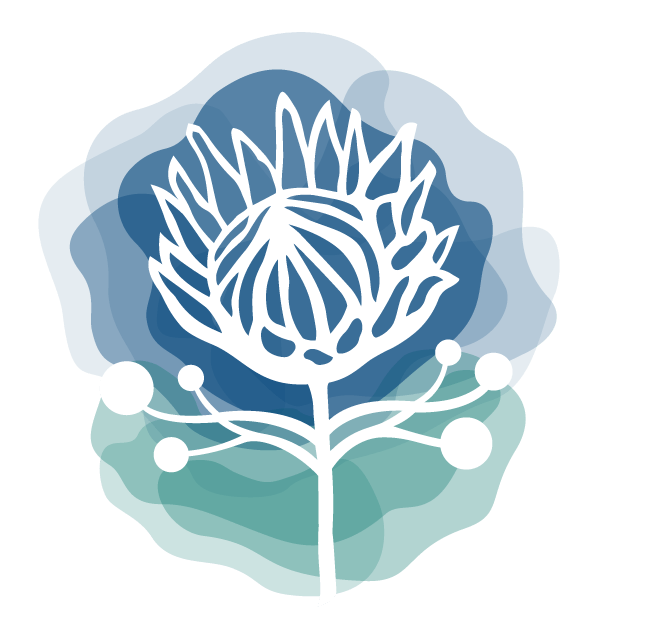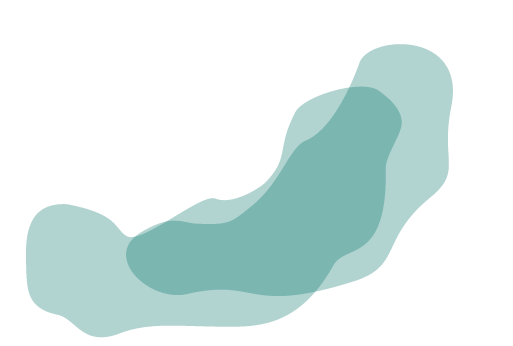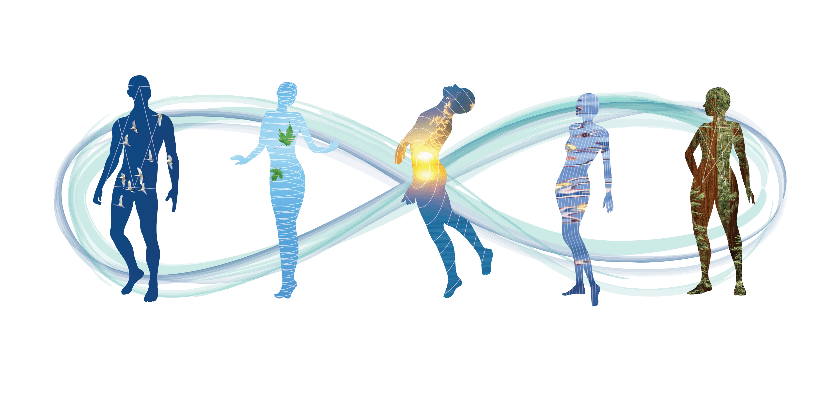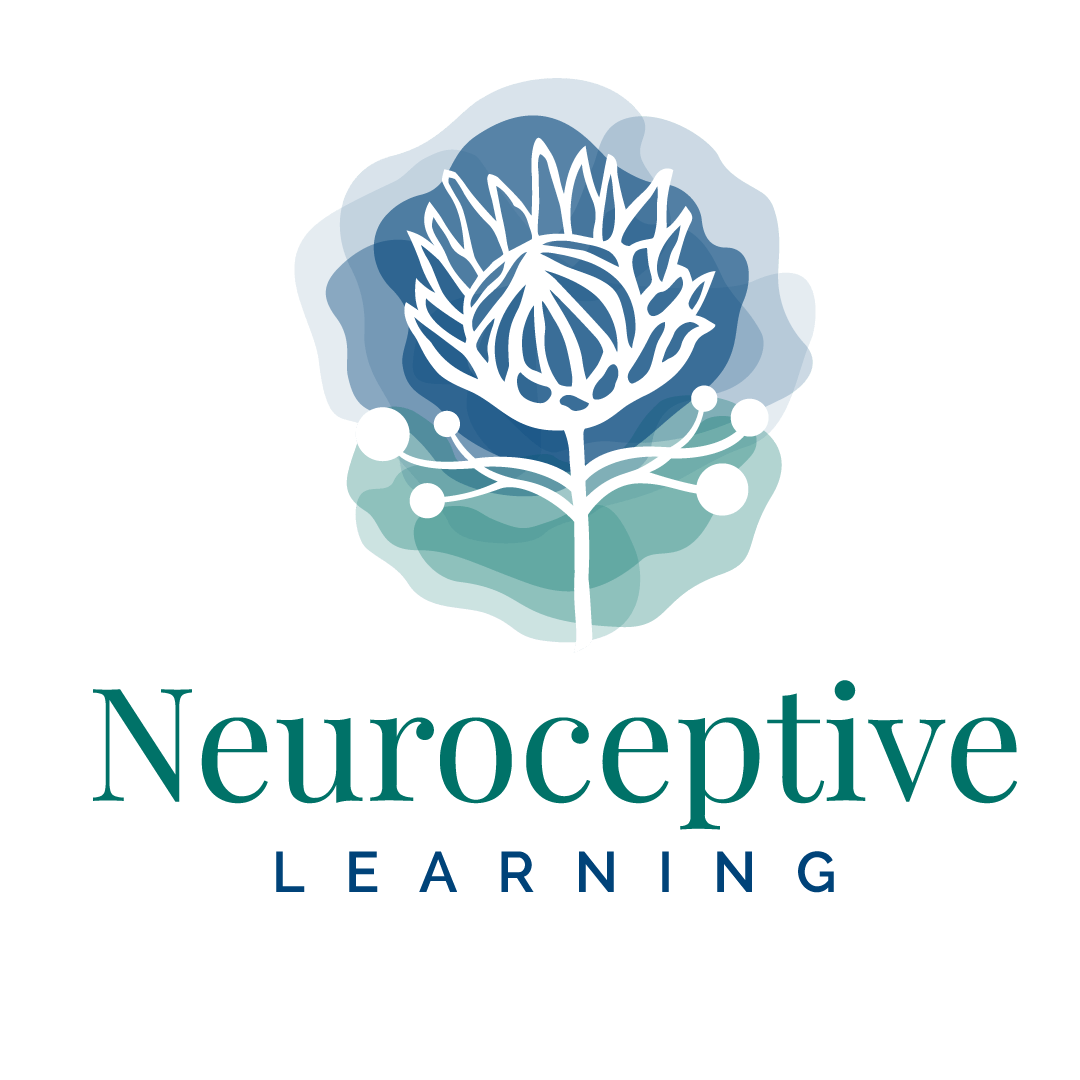
Is Your Nervous System Dysregulated?
Understanding your nervous system is critical in our stressful world, whether you are dealing with stress, complex traumas, relational difficulties, seeking optimal performance, or being part of a neurodiverse community.
Our world is described as VUCA (Volatile, Uncertain, Complex, Ambiguous) or BANI (Brittle, Anxious, Nonlinear, Incomprehensible), resulting in many chronic health conditions and complex post-traumatic stress disorders (C-PSTD).
Do you experience symptoms of ADHD, chronic stress or illness, learning and behavioural difficulties, burnout, trauma or sub-optimal performance and success?



Whilst we cannot escape our VUCA/BANI world, by supporting our nervous system regulation, we can experience our immediate environment as “psychologically safe”.
Psychological safety refers to our sense of inclusion and ability to speak up, contribute, and challenge within our family, society, work, and other groups. It influences our performance, physical and mental health and well-being.
Join us at Neuroceptive Learning to discover how to support your nervous system, become the best version of yourself, and positively influence the psychological safety of your immediate environment - holistically and practically for yourself and others.
Together, we can make our VUCA/BANI world more psychologically safe for everyone.
Neuroception: Our Gateway to Regulation and Psychological Safety
Our nervous system acts as a filter for the world, shaping our perceptions and responses, thus influencing our successes and failures. It does this through Neuroception (a term coined by Dr. Stephen Porges, creator of the Polyvagal theory). Neuroception is our subconscious evaluation of sensory information from our bodies and environment for safety before conscious decision-making.
It not only influences our Autonomic Nervous System (ANS) regulation of our health and well-being but also our Ontology (who we are) in that:

- It ensures connections to our inner wisdom and intrinsic values of our soul, allowing us to trust, connect and co-regulate with others. Through this process, we learn self-regulation and resilience, gaining more agency, choice, happiness, and success.
- It allows our individuality, uniqueness, and full potential to shine through and significantly affects “who we are” - how we show up and interact with the world.
- It shapes our “Way of Being” in our doing, being, becoming, and belonging,
- It fosters psychological safety - our sense of inclusion and ability to speak up, contribute, and challenge within our family, society, work and other groups.

Through our services, you learn self-leadership to continuously support your neuroception (your inner subconscious evaluation of safety), which influences your nervous system’s regulation, your ontology and psychological safety (your external experience of safety) for yourself and others in our complex VUCA/BANI world.
Our Service Offerings
Our services guide you in supporting your neuroception, nervous system regulation, ontology, and psychological safety. They foster self-leadership, agency, and choice in your connection, co-regulation with others, and self-regulation for improved learning, executive functioning, behavioural responses, success, happiness, health, and wellness.
Moving
Sensing
Movement enables us and our possibilities.
Through movement, we learn and change as new neuropathways are formed. Our neuroplasticity learning services focus on enhancing your awareness of your movement (physical, emotional, and mental flow), posture, and self-perception. These all facilitate the formation of new neuropathways, allowing change from the bottom up, top-down, and inside out. Our moving services are based on Feldenkrais, Neuro-somatic learning, Sophrology, Continuum, Polarity, Ortho-Bionomy, and NARM bodywork.
We connect with the world through our senses.
Our sensory services aim to improve sensory integration and processing. They foster neuroception and nervous system regulation and strengthen our ability to learn co-regulation, self-regulation, and executive functioning.
We provide Multi-Sensory Training (MST), an intervention that enhances your brain's ability to process multi-sensory information. This includes applying syntonic frequencies of coloured light, vestibular stimulation, auditory training, and somatosensory input to build foundational learning and executive functions. Our other sensory processing modalities include reflex integration, Safe-Sound-Protocol and HeartMath.
Connecting and Social Learning
Ontology (Way of Being)
Learn through awareness of our way of being.
We facilitate your transformation by aligning your conscious cognitive goals and desire for change with a deeper awareness of your Ontology (your way of being): your doing, being, becoming, and belonging in the world. Conscious awareness of your current way of being, reveals choices, and simultaneously, we harness the principle of neuroplasticity to form new neuropathways and elicit permanent transformation.
We use a combination of Polyvagal trauma-informed coaching, mentoring, supervision, and psychoeducation, including nutritional and lifestyle education, to evoke top-down, bottom-up, from the inside out, and outside-in transformation, resulting in more agency and ongoing self-leadership in your life.
Psychological safety leads to a safer world.
We provide group social learning opportunities for coaches, leaders, families, and work groups by tapping into our natural desire for bonding, connecting, and belonging.
We utilise these inherent co-regulating and learning processes within groups to encourage self-leadership at the individual level and natural leadership within our communities. Resulting in shared ownership and collaboration for our collective success.
We facilitate the self-leadership of Executives and Leaders, Individuals wanting to improve their success, those with Burnout, Stress, and Chronic Conditions, the Neurodiverse community, especially those with ADHD or VAST symptoms, including Children, Teenagers, Adults with a late diagnosis, Parents, Partners, Professionals, and the Family Pet.
Regulated vs. Dysregulated Nervous System

Neuroception is our subconscious evaluation of sensory information from our bodies and environment for safety.
When our neuroception signals "Safe," our Autonomic Nervous System (ANS) optimises our physical and mental health through connection regulation responses. Our Ontology (who we are) allows us to: feel psychologically safe, connect with our innate wisdom/soul values, co-regulate with others, and learn self-regulation and resilience.
Conversely, when our neuroception signals "unsafe," our Autonomic Nervous System triggers protection reactions that compromise our health, our Ontology (who we are) limits connection and co-regulation, which hinders the learning of self-regulation and psychological safety.

A regulated nervous system is predominantly in a state of neuroception of Safe, responding with connection responses and shifting to protection reactions only in real danger. When the opposite occurs for prolonged periods, our nervous system becomes dysregulated.
When dysregulated, it can feel like we constantly face an "invisible mountain." This can make us feel unsafe, affect our self-image, and hinder our perception and response to others and events. Ultimately, it prevents us from reaching our full potential and compromises our physical and mental health.
“80% of all physical, behavioural, and psychological conditions have underlying Autonomic Nervous System dysregulation as their root cause.”
— Dr. James Jealous (Osteopath)
Signs of a Dysregulated Nervous System
Modern living in our stressful VUCA/BANI world can make our neuroception biased towards unsafe evaluation. Over time, prolonged protection regulation can lead to dysregulation, causing chronic symptoms and seemingly unsolvable conditions.
- Physical: Muscle tension, pain, sleep disturbances, respiratory problems, metabolic, hormonal, allergies and immune system issues can lead to chronic fatigue, fibromyalgia, stress conditions, brain fog, feeling overwhelmed, and burnout.
- Emotional and Mood: Anxiety, depression, irritability, aggression, and tantrums.
- Digestion: Food allergies, sensitivities, intolerance, weight management, irritable bowel syndrome, constipation, bloatedness and many other gut-related conditions.
- Sensory: Heightened sensitivity to stimuli such as smells, light, noise, movement, heights, touch and taste resulting in hayfever, anxieties and allergies.
- Behaviour: Exhibiting excessive (hyper) or insufficient (hypo) responses to stimuli.
- Executive Functioning, Learning, and Social Skills. Poor memory, difficulty concentrating, hyperfocus or underfocus, procrastination, and self-sabotage.

Who Might Have a Dysregulated Nervous System?
The World Health Organization's (WHO) International Classification of Diseases ICD-11 of 2019 now recognises both post-traumatic stress disorder (PTSD) and complex post-traumatic stress (C-PTSD) as the stress disorders of our time. PTSD is often the result of a single physical trauma, while C-PTSD is the result of prolonged exposure to multiple relationship stressors and/or traumatic events (complex trauma). These include Adverse Childhood Experiences (ACEs) and environmental, societal and cultural hardships during childhood or adult life, often referred to as betrayal trauma. Betrayal trauma is the result of a threat to an individual's well-being by someone or an institution important to them. Complex trauma affects our neuroception, nervous system regulation and psychological safety. Prolonged exposure results in dysregulation and/or C-PTSD.
The following individuals or communities are often more exposed and vulnerable to the adverse effects of complex trauma in their environments and the resulting nervous system dysregulation.
We can all benefit by supporting our nervous system’s regulation as a preventive, restorative and generative measure against the complex traumas and stressors in our VUGA/BANI environments.
- Not Reaching Full Potential: Talented individuals who feel they are not achieving their full potential.
- Impaired functioning: Those who experience difficulties coping with daily, social and/or occupational activities.

- The Variable Attention Stimulus Trait (VAST) Community: Individuals displaying ADHD-like characteristics due to the conditions of modern life and the massive increase in stimuli bombarding our nervous system.
- Diversity esp. Neurodiverse Community: Adults with a late diagnosis of ADHD, children, and young adults with or without a diagnosis often experience higher levels of complex stress/ trauma due to living in neurotypical environments. This also includes individuals identifying with marginalised groups.
- Chronic Digestion and Other Health Conditions: Unexplained conditions that do not respond well to “regular” treatments, such as digestive conditions, weight management, sleep, allergies, burnout, anxieties, chronic stress and pain, with various physical and or emotional symptoms.
-
“Polyvagal theory emphasizes sociality as the core process underlying mental and physical health."
— Dr Stephen Porges
-
“Our mental and physical health can thrive only when our autonomic nervous system is in a state of safety.”
- Dr Stephen Porges
-
"To live in a state of fear is to live in a body tuned away from health, growth, restoration, happiness, and sociality. Life is shorter and harder. This state is a slow-motion killing machine that eats away at our bodies and spirits, causing real damage to our organs while acting as a numbing or dissociative depressant that keeps us from enjoying life."
- Dr Stephen Porges
-
“We live in a world where everything is constantly changing, inside and outside of us. Our survival, wellness, and happiness depend on having a flexible autonomic nervous system (ANS) that regulates us in order to respond appropriately to changes in our environment and our own organism.”
- Stanley Rosenberg
-
“Connection: Our deepest desire and greatest fear.”
- Laurence Heller
-
“Change happens when you become who you are in the here and the now”
- Arnold Beisser

The Wisdom behind our transformation services
Phylogeny provides the blueprint against which our individual ontogeny unfolds and our potential is realised. At any moment, our Ontology (who we are and our experience of psychological safety) is a snapshot of how our ontogenic history influences our current way of doing, being, becoming and belonging.
Descartes' famous proclamation, "I think, therefore I am," is deeply embedded in Western culture and understanding of Phylogeny. This has resulted in societal and educational structures biased toward our cognitive abilities, leading to top-down coaching and therapy models focusing on cognitive goals.
Combining the Polyvagal Theory with various sensory, movement and other interdisciplinary modalities provides us with a more enhanced understanding of our phylogenetic blueprint of the functioning of our nervous system, transforming Descartes' proclamation into:
According to Beisser’s paradoxical theory of change, “Change happens when you become who you are (ontology) in the here and the now.” Therefore, awareness of your ontology and how your ontogeny (past) influences it and your sub-conscious neuroception, in the present moment leads to change.
We facilitate your transformation by combining your conscious cognitive goal or wish for change with approaches that reveal and bring the subconscious building blocks influencing your neuroception to your conscious awareness. This awareness enables the formation of new neuropathways, fostering ongoing top-down, bottom-up and inside-out transformation.
- "I sense, I neurocept and subconsciously feel safe, I connect to my innate wisdom (soul), I regulate for connection with thinking, feel psychologically safe, I respond motivated by my values; therefore, I thrive.”
- Our nervous system functions from the bottom up: from the body to the brain and within the brain, from the subconscious (brainstem) to the conscious (thinking prefrontal cortex). In between, neuroception occurs, subconsciously evaluating sensory information, containing our embodied ontogenetic history, before influencing how our nervous system regulates our health and influences our ontology: who we are and our experience of psychological safety in the world.
What Influences Our Neuroception and Ontology?
We all receive the same sensory information about an event. Still, our neuroception - how we perceive, evaluate and interpret this information - differs based on our Ontogeny (history). This results in different nervous system regulation responses for each person, influencing our Ontology (way of being and experience of psychological safety).
Ontogeny is our unique history of how our nervous system enfolded against the phylogenetic unified Polyvagal blueprint. Our up-to-the-moment ontogeny (containing our trauma history and adaptive patterns) is embodied in our cells and nervous system as part of the following neuro-building blocks:
- Gravitational Security: Stability and orientation within the gravitational field, influencing our executive functioning.
- Face-Heart Connection: Our adaptive survival patterns influence our ability to trust, regulate emotions, connect, and engage socially with others.
- Ventral Brake: The ability to down-regulate protective reactions to enable connection responses.
- Face-Heart-Gut Connection: The influence of nutrition on our digestive and nervous system.
These are all sensory information from our five senses (touch, smell, hearing, taste, and sight) and internal senses (interoception, proprioception, and interoception) received via cranial and spinal nerves, mostly at our brainstem for neuroceptive evaluation.
The PVT blueprint of Health is a combination of:

Safety, Connection, Regulation and Soul Values
Our Approach: Regulation and Treatment
Our rapidly changing VUCA/BANI world has led to the emergence of many chronic stress conditions. Instead of treating these as solely "disorders," at Neuroceptive Learning, we provide services focusing on regulation alongside traditional treatment options.

We use the enhanced Polyvagal Unified Phylogenetic blueprint of our nervous system's functioning to normalised the effects of our Ontogeny (our embodied history) on its regulation and our present Ontology: “who we are”, connected to our innate soul values and our experience of psychological safety in the world.
Pivotal to a regulated nervous system and our ontology is neuroception.
Rather than focus on the “why” and “reason” for dysregulation, we focus on neuroplasticity, reinforcing and bringing the subconscious building blocks of our neuroception into conscious awareness and thereby normalising the nervous system’s regulation. This awareness enables the formation of new neuropathways, fostering ongoing top-down, bottom-up and inside-out transformation.
Our methods combine bottom-up and top-down polyvagal trauma-informed awareness, neuro-somatic movement, neuroplasticity learning, bodywork, coaching, psycho-education, nutritional education and group work. Through these, you learn self-leadership to continuously support your neuroception and nervous system’s regulation, enabling connection to your innate soul values and fostering psychological safety for yourself and others in your immediate environment.
